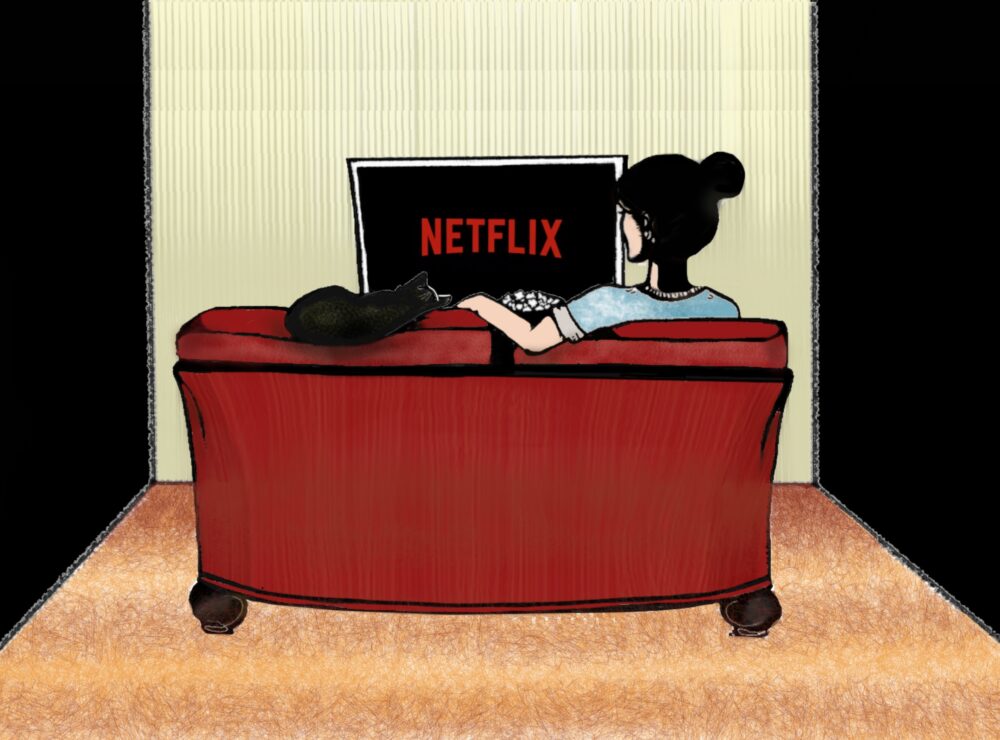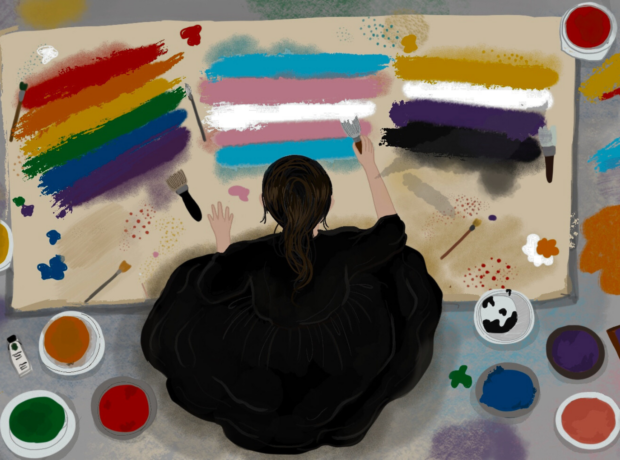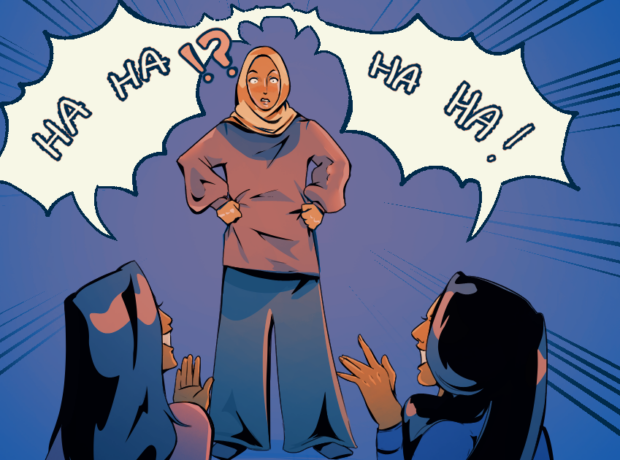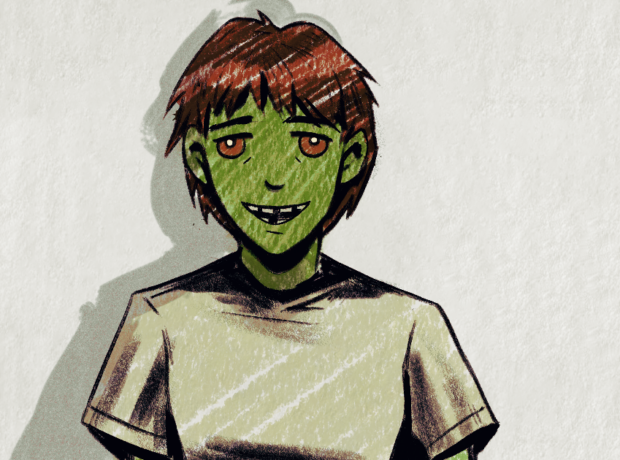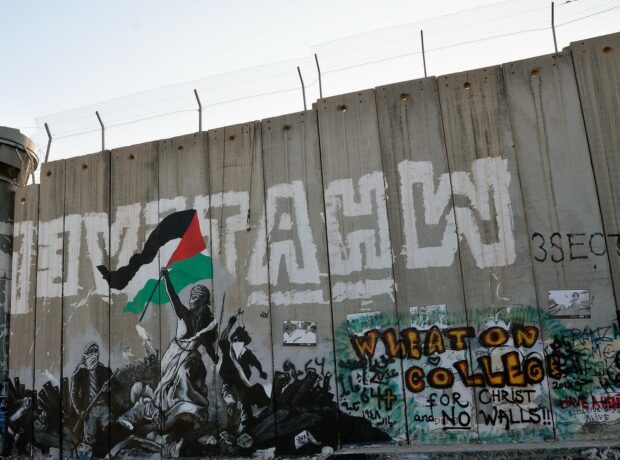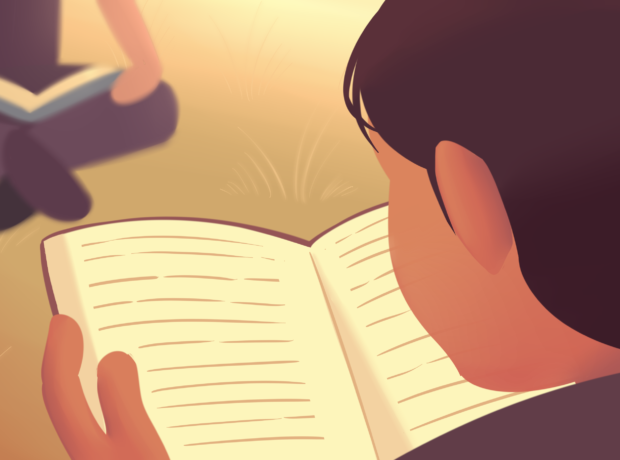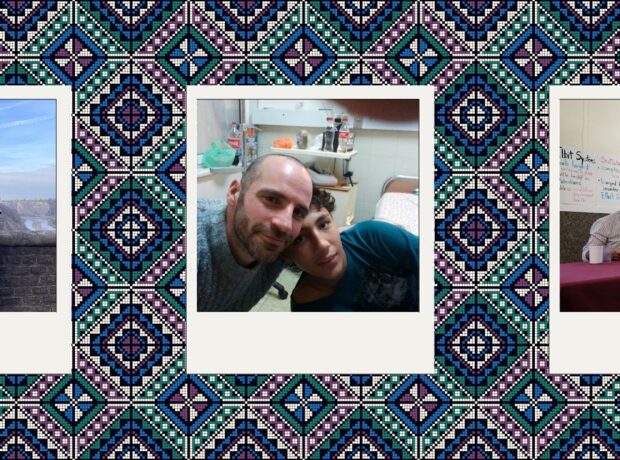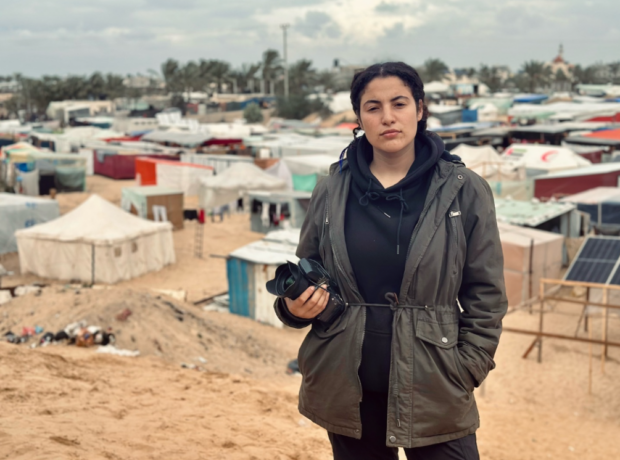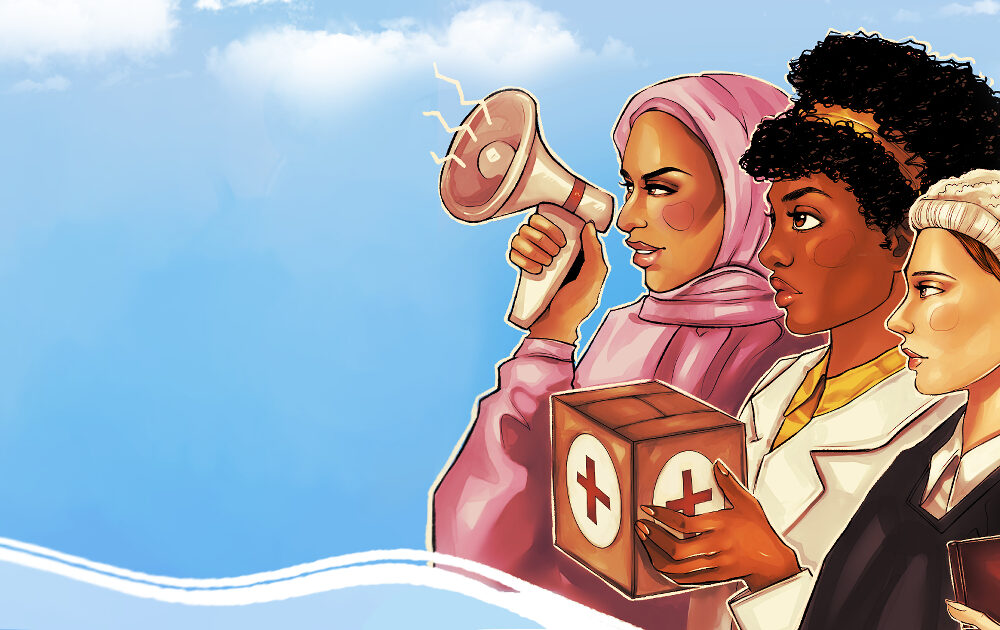

Versions of Me – a story about inclusion
In this creative non-fiction story about identity and inclusion, a 16-year-old writer describes how they revived an LGBTQ+ Inclusion group at school. Switching between two different time frames, they relive scenes from five years ago, when they were one of the kids the Inclusion group was trying to reach.


